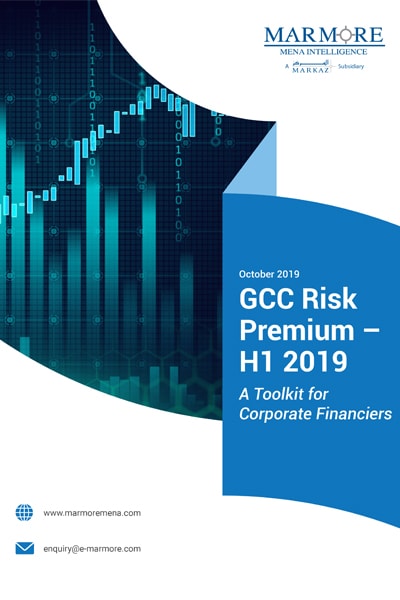Executive Summary
A Toolkit for Corporate Financiers
Decrease in Credit Default Swap (CDS) spreads of the GCC countries and fall in the countries' sovereign yields indicate positive investor sentiments. This coupled with expectations of rate cuts by the U.S Fed, fall in 10-year U.S treasury yield have lowered the cost of capital for the GCC countries.
In August 2018, Moody's Investors Service downgraded the long-term issuer ratings of the Kingdom of Bahrain to 'B2' with negative outlook from 'B1' negative outlook. The ratings agency cited increase in liquidity risks, slow implementation of fiscal reforms and high gross borrowing needs of the government as reasons for the downgrade. In October 2018, Saudi Arabia, Kuwait and UAE pledged USD 10 billion financial aid to Bahrain. Following this, the country's rating was revised in December 2018 to 'B2' with stable outlook.
In March 2019, Moody's Investors Service downgraded the long-term issuer and senior unsecured bond ratings of the government of Oman to Ba1 from Baa3. The agency cited that persistently wide fiscal and current account deficits, limited scope for fiscal consolidation because of the government's economic and social stability objectives, and Oman's dependence on external financing as reasons for the downgrade.
FAQ
Table of Contents
- Executive Summary
- Why worry about WACC?
- Country wise Commentary
- Final Note
- Appendix


